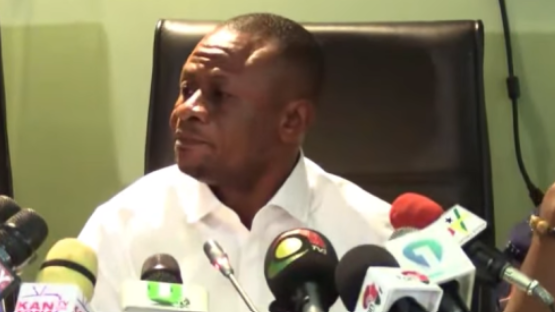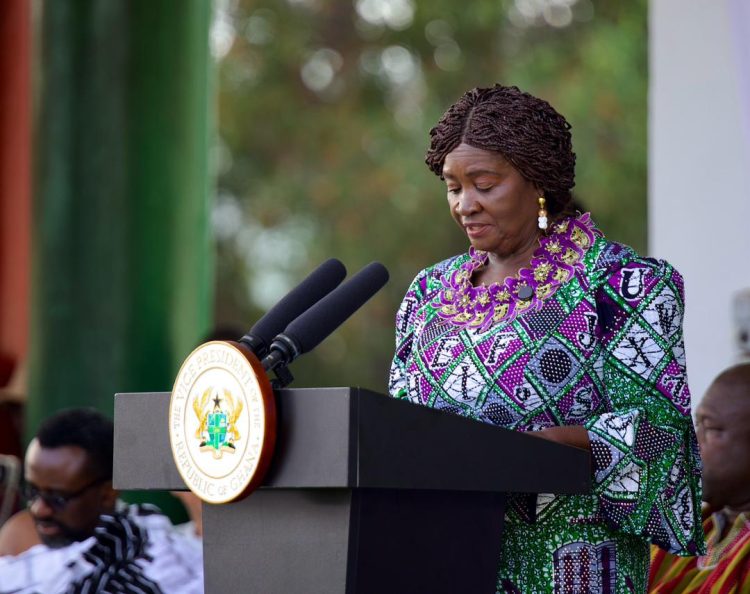A member of the Parliamentary Committee on Information and Communication has raised serious concerns over the deteriorating state of key national institutions, warning that critical infrastructure supporting weather forecasting and historical record-keeping is on the brink of collapse.
Following a recent oversight tour of agencies under the Ministries of Information and Communication, Member of Parliament Sulemana Adama criticized the government’s neglect of the Ghana Meteorological Agency (GMet) and the Information Services Department (ISD), saying both institutions are operating under alarming conditions that threaten essential services and national heritage.
“One of the most striking revelations was at GMet,” Adama said. “They are still using equipment that dates back to the era of Governor Gordon Guggisberg.” Guggisberg served as governor of the Gold Coast in the early 20th century.
The outdated tools—some nearly a century old—are still used to monitor rainfall patterns, a function the agency performs for sectors ranging from agriculture to aviation and marine operations. “These are very obsolete instruments, and it’s shocking that in 2025 we’re still relying on them,” he added.
GMet’s aging infrastructure, he warned, could compromise Ghana’s ability to respond to weather-related disasters or accurately forecast climatic trends at a time of growing environmental volatility.
The MP also highlighted urgent concerns at the ISD, which houses Ghana’s archival materials, including records from the Kwame Nkrumah era and even earlier colonial periods. Many of these documents remain undigitized and are stored under poor conditions, putting them at risk of irreversible loss.
“These archives are part of Ghana’s national memory,” Adama said. “Yet they’re exposed to insects, moisture, and general decay. If we don’t act now, we’ll lose critical pieces of our history.”
Mr. Adama emphasized that while agencies often voice challenges during budget hearings, the full scale of the problems becomes evident only through in-person visits. “Seeing the conditions firsthand gave us insight into how funds are actually being used—and where the gaps are.”
The oversight tour forms part of Parliament’s broader mandate to monitor public spending, assess operational efficiency, and evaluate legislative needs of state agencies. Adama called for immediate investment in both digital infrastructure and modern equipment to prevent systemic failure.
“These institutions are foundational,” he said. “Neglecting them undermines national planning, disaster preparedness, and our historical legacy.”













